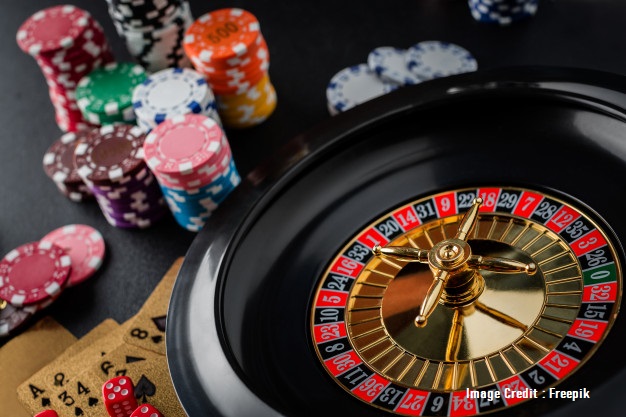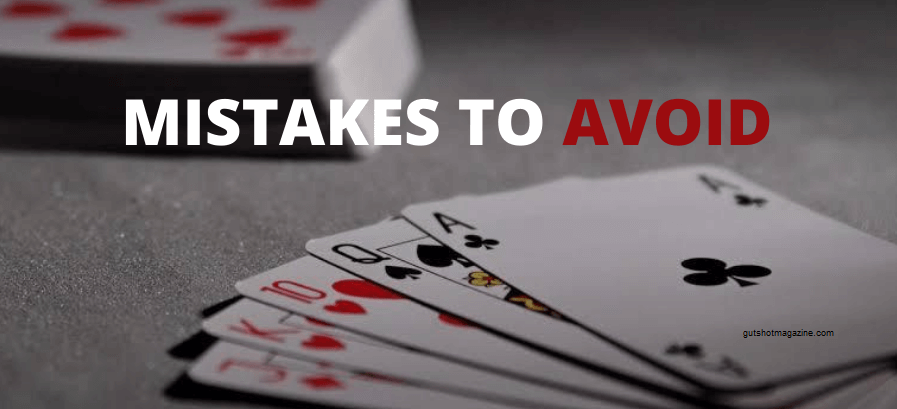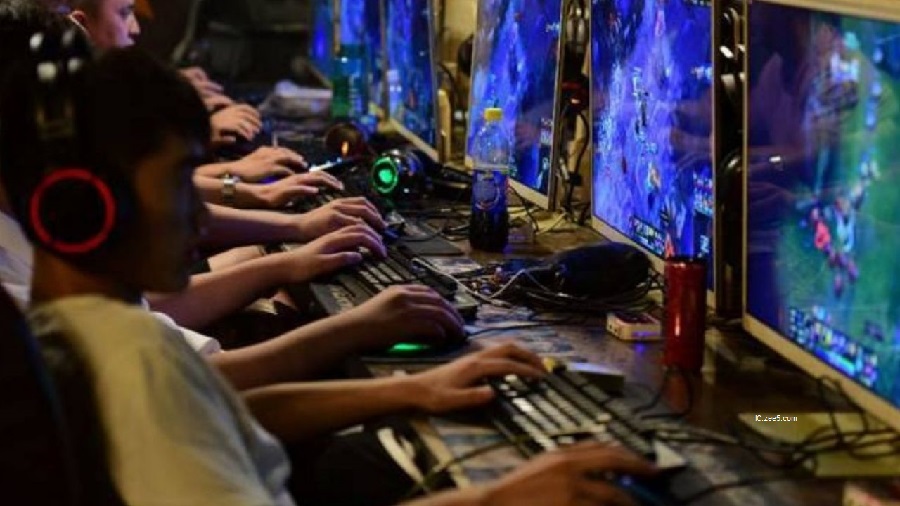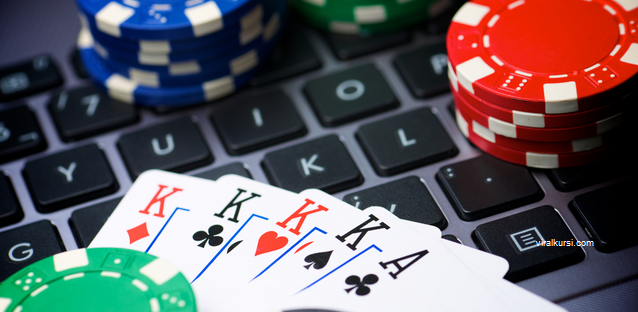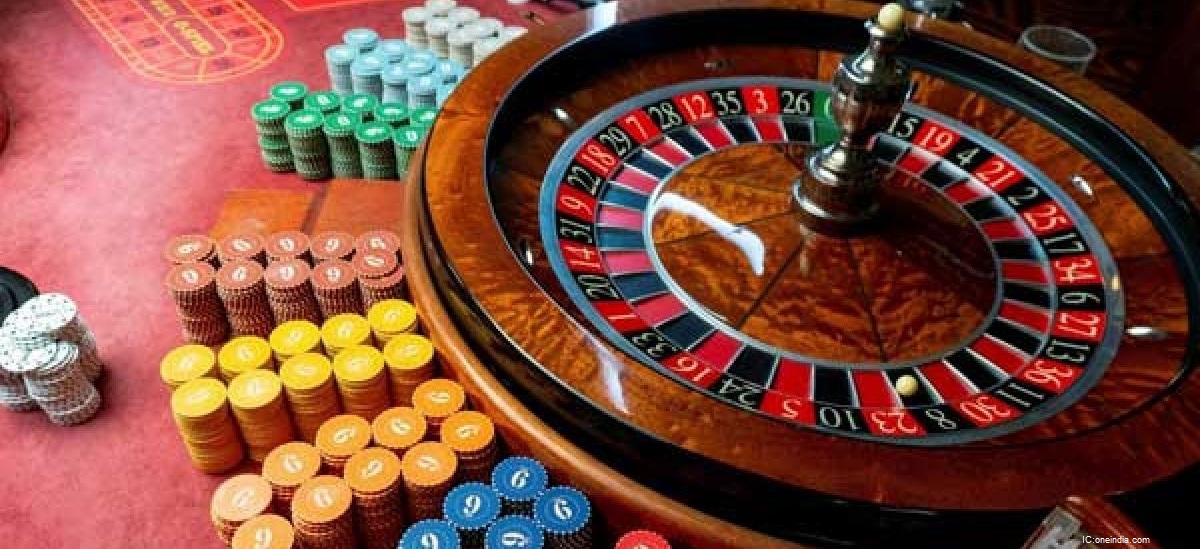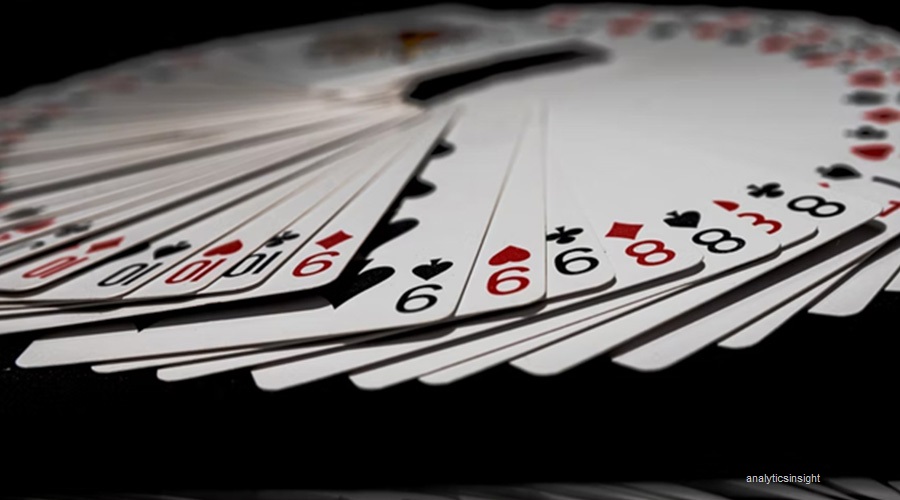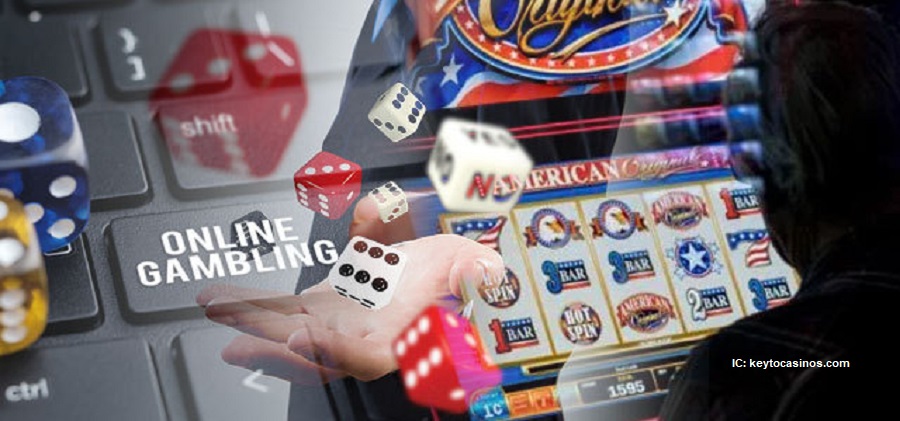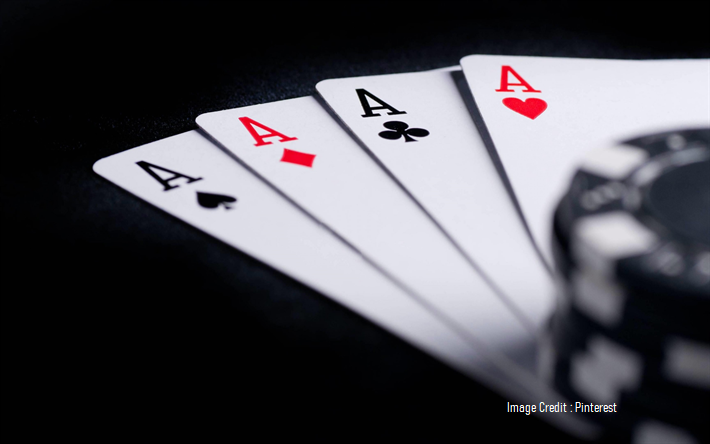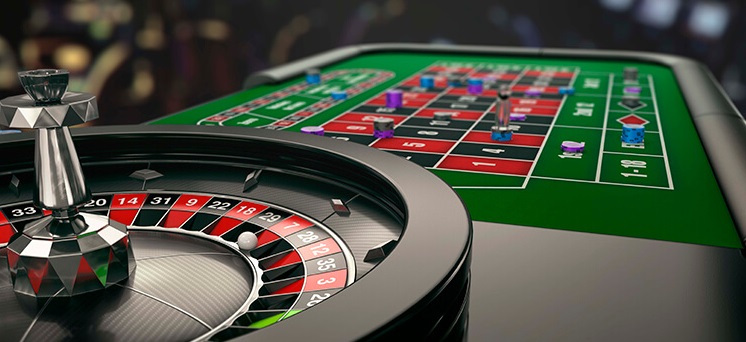
Japan's government announced on Friday that it has approved
a controversial plan to build the city's first legal casino in Osaka, hoping to
attract tourists after years of controversy.
The municipal governments of Osaka and Nagasaki in western
Japan have sought permission to build "integrated absorption" (IR)
facilities combining casinos, convention centers, hotels, restaurants and
entertainment venues. Osaka's plan, which aims to open a casino by 2029, has
been approved after "full consideration from various aspects", Land
and Transport Minister Tetsuo Saito told reporters.
Prime Minister Fumio Kishida praised the move, saying the
resort would contribute to regional development and be a "tourist
destination that will spread Japan's charm to the world."
Japan is the only developed country to ban gambling, but
passed a law in 2016 paving the way for legalization of the industry. In 2018,
Parliament passed a law authorizing the creation of an IR agency.
Critics warn that legalizing casinos could worsen the
country's existing gambling problem. "We are very concerned about this
decision," two gambling addiction NGOs said in a statement open to
government officials.
The group pointed to the increase in requests for help from
young people addicted to gambling through smartphones and illegal online
casinos, adding that the public would be better off by The prevention process
is stronger than the casino support.
A 2021 government survey found that about 2.2% of the population,
or 2.8 million people, were affected by gambling addiction.
Many people are addicted to the pinball-style game
"pachinko" or "pachislo", which generates 14.6 trillion yen
in annual revenue by 2021. About 7,600 lounges host one or two games in the
city, many of which are easily accessible near the train station, with slots
that allow winners to exchange tokens for money.
Japan also has a multi-trillion yen market for horse,
motorcycle, boat and bike racing, as well as soccer and lottery betting. The
government said that any IR complex seeking approval must set out their plans
to prevent gambling addiction.
The IR Act also states that Japanese citizens must pay 6,000
yen per 24 hours at the casino. The fees will be split between the local and
national governments, with some money earmarked for the gambling addiction
system, according to an Osaka official who declined to be named.
There is also a cap on the number of office visits by
Japanese citizens, and family members can request that a relative be banned
from entering the casino, Saito said. Osaka IR will be managed by the Japanese
subsidiary of MGM Resorts International and the financial institution Orix, in
a joint venture with about 20 local companies.
In addition to casinos, the complex will include three
hotels with 2,500 rooms, an international conference hall and an exhibition
hall. The Osaka government estimates the economic impact of IR at 1,140 billion
yen ($8.6) per year, with 15,000 jobs created in the infrastructure.
It expects a total of 20 million visitors a year from Japan
and overseas, with sales of 520 billion yen, 80% of which will come from
casinos.







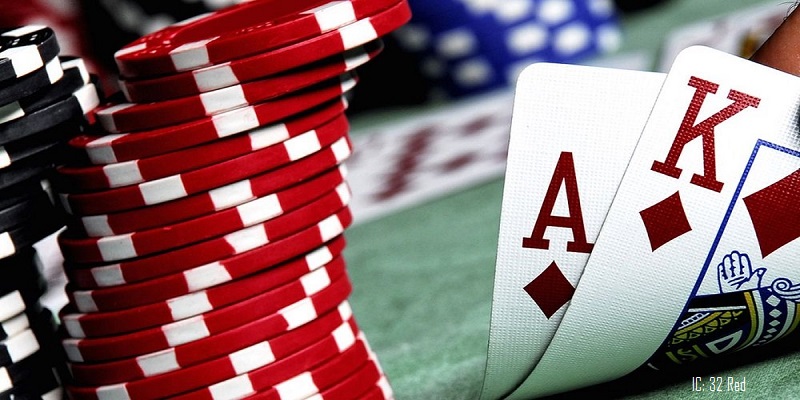





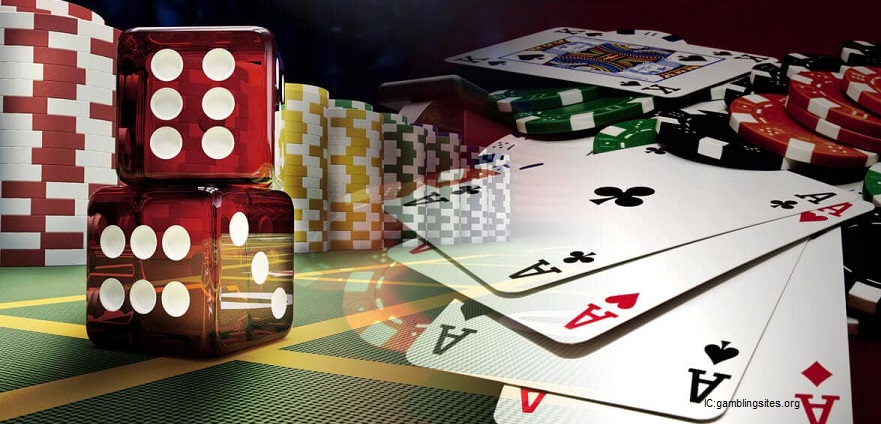


.jpg)





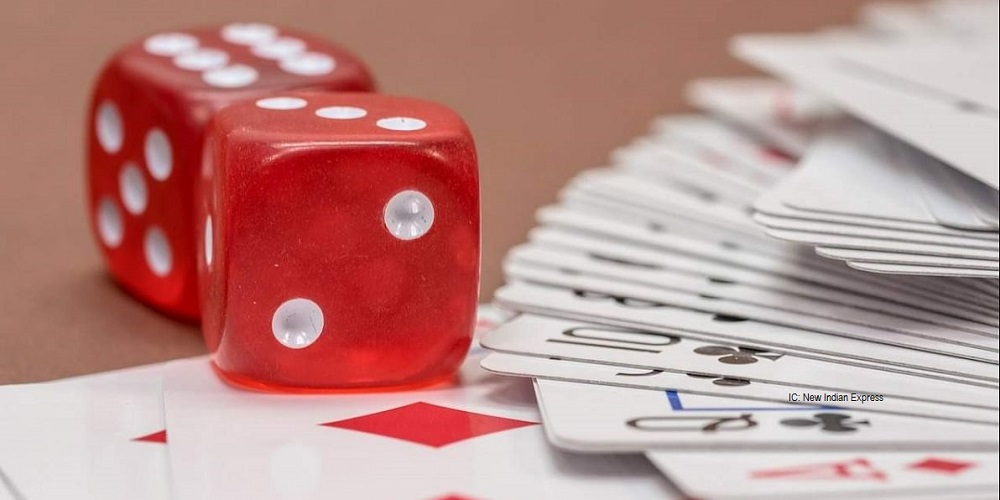






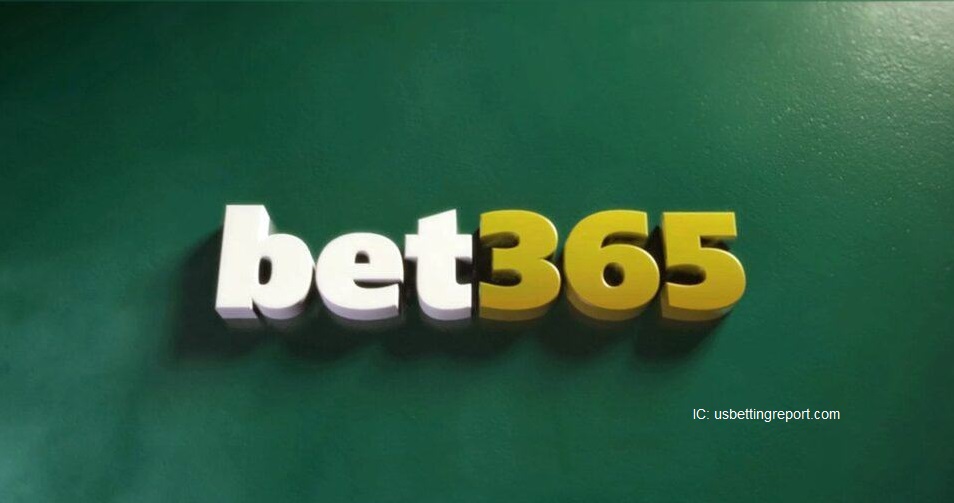


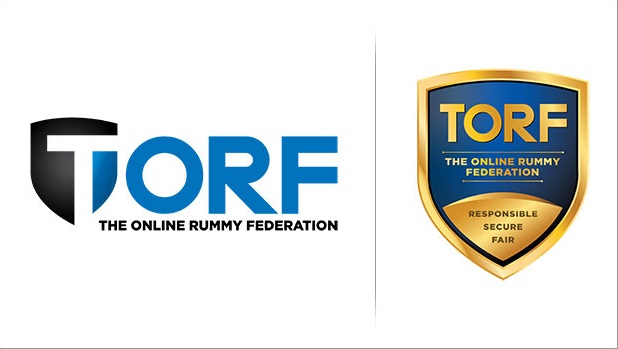








.jpg)



